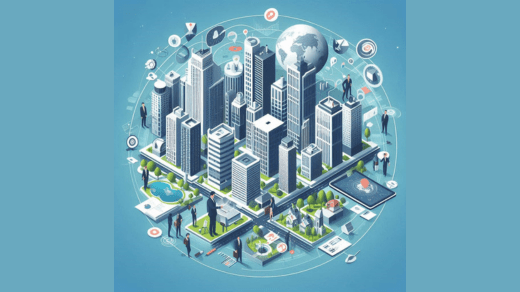
Why Lifelong Learning is Essential in the 21st Century
Lifelong learning is essential in the 21st century due to the rapidly evolving landscape of knowledge and skills. Here are 30 key points, including the pros and cons, highlighting why lifelong learning is crucial in the modern age:
Why Lifelong Learning is Essential in the 21st Century:
- Technological Advancements: Rapid changes in technology necessitate continuous learning to keep pace with innovations.
- Employability: Lifelong learning enhances career prospects by acquiring new skills and knowledge.
- Adaptability: The ability to learn and adapt is a key skill for navigating an ever-changing job market.
- Globalization: Lifelong learning enables individuals to thrive in a globalized economy.
- Innovation: Continual learning fosters creativity and innovation in various fields.
- Critical Thinking: Lifelong learners develop critical thinking skills to analyze and solve complex problems.
- Digital Literacy: Proficiency with digital tools and platforms is essential in the digital age.
- Up-to-Date Knowledge: Continuous learning ensures you stay updated on the latest information and developments.
- Efficiency: Acquiring new skills and knowledge can lead to greater efficiency in various tasks and roles.
- Economic Growth: A workforce committed to lifelong learning fuels economic growth.
- Personal Growth: Lifelong learning fosters personal development, intellectual curiosity, and a sense of fulfillment.
- Entrepreneurship: Lifelong learners are better prepared to launch and manage their businesses.
- Global Challenges: Complex global issues, like climate change and health crises, require informed, adaptable individuals.
- Cultural Understanding: Learning about diverse cultures and perspectives promotes tolerance and understanding.
- Career Change: Lifelong learning allows for career transitions and exploring new fields.
- Workplace Relevance: Staying current with industry trends and best practices is crucial for job performance.
- Leadership: Lifelong learners are more likely to take on leadership roles in their fields.
- Social Connection: Learning fosters social connections and communities of shared interests.
- Mental Health: Intellectual engagement through learning can positively impact mental health.
- Resourcefulness: Lifelong learners are resourceful and adept at finding information and solutions.
- Self-Motivation: Continuous learning requires self-motivation and discipline.
- Resilience: Lifelong learners are more resilient in the face of adversity.
- Data Literacy: Understanding and interpreting data is increasingly important in various domains.
- Environmental Awareness: Lifelong learning promotes environmental stewardship.
- Ethical Decision-Making: Learning ethics and values influences responsible decision-making.
- Civic Engagement: Informed citizens are more likely to engage in their communities and participate in public discourse.
- Self-Employment: Lifelong learners are better equipped to pursue self-employment and freelancing opportunities.
- Health and Well-being: Learning about health and well-being practices leads to healthier lifestyles.
- Future Preparedness: Lifelong learning equips individuals for unforeseen future challenges.
- Legacy Building: The knowledge and wisdom acquired through lifelong learning can be passed down to future generations.
Pros of Lifelong Learning:
- Continuous Growth: Lifelong learning promotes personal and professional growth.
- Adaptability: Learning new skills and knowledge enhances adaptability and resilience.
- Competitive Edge: Lifelong learners have a competitive advantage in the job market.
- Intellectual Stimulation: Learning fosters intellectual stimulation and curiosity.
- Community Building: Lifelong learning can lead to the formation of communities and social connections.
Cons of Lifelong Learning:
- Time Commitment: Lifelong learning requires time and effort.
- Resource Access: Not everyone has equal access to learning resources.
- Overwhelm: Balancing multiple learning pursuits can lead to overwhelm.
- Financial Costs: Some forms of education or training may incur financial expenses.
- Changing Priorities: Balancing learning with other life priorities can be challenging.
In the 21st century, the dynamic nature of knowledge and skills makes lifelong learning not just beneficial but essential. Embracing continuous learning ensures individuals remain adaptable, competitive, and well-equipped to thrive in a rapidly changing world.



